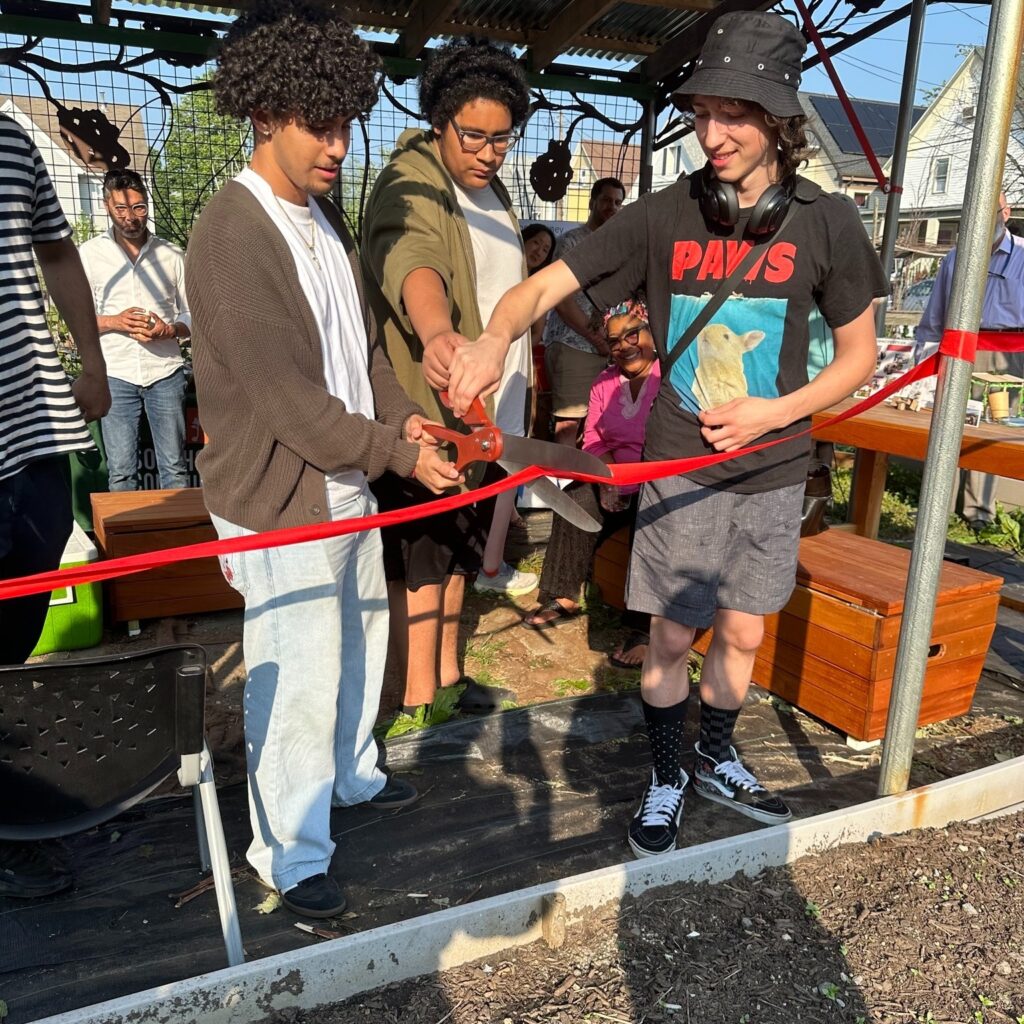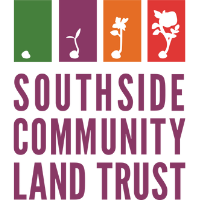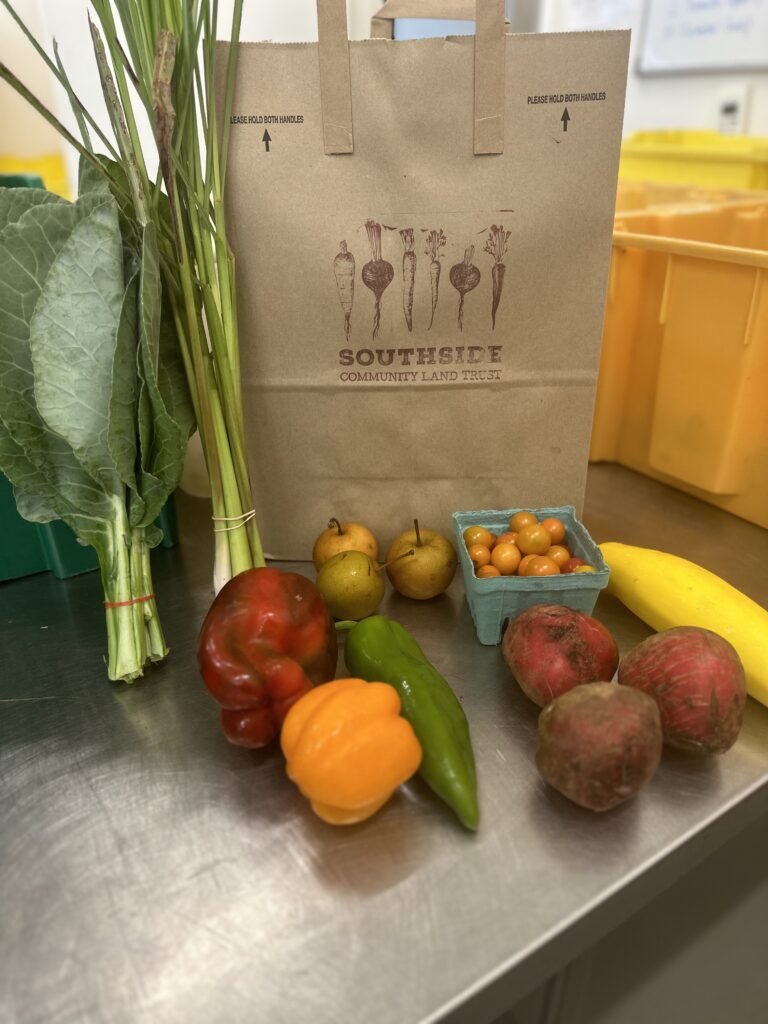
DownCity Design students cutting the ribbon at the new shade structure
Providence celebrated the power of youth-led community design on Thursday, June 12, when DownCity Design and Southside Community Land Trust unveiled a new shade gazebo and washing station at the Glenham Street Community Garden. The evening event showcased the latest achievement of DownCity Design’s 2024-25 Design/Build Studio interns, who spent months designing and constructing the multi-functional structure for the South Providence garden.
The unveiling represented more than just a ribbon-cutting ceremony—it demonstrated how youth-centered design can address real community needs while empowering the next generation of problem solvers. DownCity Design, founded in 2009, has grown to engage 450 underserved teens annually in creating structures and graphics for public spaces, with over 3,000 participants collaboratively building more than 100 permanent amenities for Providence-area communities. The Glenham Street project emerged from the organization’s mission to empower people to imagine and create better futures for their communities, using the tools of design.
For SCLT, which has operated community gardens since its founding in 1981, the partnership with DownCity Design exemplified their commitment to community-driven solutions. The organization began when South Providence residents, Hmong refugees, and Brown University students transformed a vacant lot into the city’s first community garden, sparking an urban agriculture movement that continues four decades later. The new gazebo with integrated seating and washing station addressed practical needs identified by the gardeners themselves, providing essential infrastructure for one of SCLT’s 23 community gardens that collectively serve 890 gardeners across Providence, Pawtucket, and Central Falls.
The Design/Build Studio represents DownCity Design’s flagship program, where teens move beyond traditional classroom learning to tackle real-world challenges. For the Glenham project, student interns took on every aspect of the process, from initial community needs assessment through final construction, developing essential skills like collaboration, communication, creative problem solving, and persistence. The partnership reflected both organizations’ shared understanding that sustainable community development requires authentic engagement with residents and local ownership.
The gazebo project continued DownCity Design’s impressive track record of youth-led community improvements while supporting SCLT’s broader work building an equitable food system. The organization operates the South Providence Healthy Food Hub, maintains a network of farms and gardens spanning 70 acres, and runs the innovative VeggieRx program connecting healthcare providers with food-insecure patients. The Glenham garden improvements now support this ecosystem by providing better facilities for the gardeners who grow food that feeds over 25,000 Rhode Islanders annually.
At the unveiling event, student designers presented their work to community members, offering residents the opportunity to hear directly from the young people who conceived and built the project. The ribbon-cutting ceremony, supported by the National Endowment for the Arts and the David C. Isenberg Family Foundation, marked the completion of what organizers called “Providence’s latest youth-designed, youth-built service project.” The June 12 event at 27 Glenham Street offered Providence residents a chance to see this collaborative approach in action, celebrating not just a new garden amenity but the power of young people to design solutions for their communities.

 When families hear about an SCLT free farmers market pop-up coming to their neighborhood, they know it’s an opportunity not to be missed. These one-time events bring fresh, locally grown produce directly to communities that often lack reliable access to nutritious food.
When families hear about an SCLT free farmers market pop-up coming to their neighborhood, they know it’s an opportunity not to be missed. These one-time events bring fresh, locally grown produce directly to communities that often lack reliable access to nutritious food.
